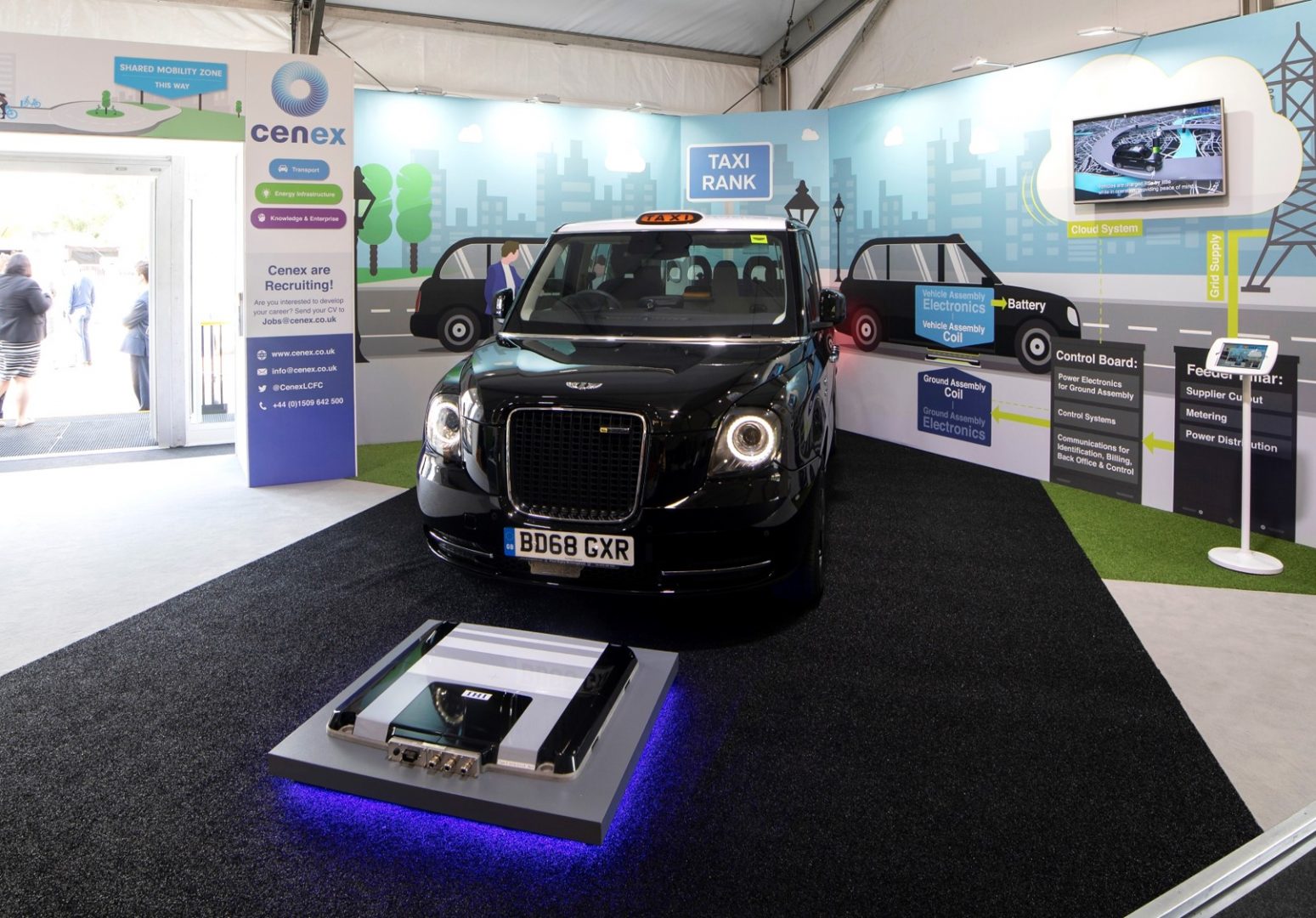
Wireless Charging for Electric Taxi (WiCET) Feasibility Study
Case Study
The Challenge
WiCET assessed the potential for deploying wireless charging infrastructure for eTaxis, using Nottingham and London as case studies.
Wireless chargers at taxi ranks for frequent charging boosts offers the opportunity for minimising recharging times and limiting the capacity of on-board batteries. This in turn could reduce the barriers to EV adoption.
The Development
This feasibility study:
• develop an appropriate charging infrastructure
• explore the integration of wireless chargers with vehicle and road infrastructure,
• deliver policy recommendations and safety observations.
• engage with stakeholders to assess the financial viability of the proposal.
The Result
By optimising the locations and number of charging pads, deploying wireless charging infrastructure to one Nottingham street could deliver up to 21 kWh per day – more than 100% of the daily energy requirement.
Engaging with drivers and city council staff concluded wireless charging mitigates concerns regarding capacity, charge times and limited facilities, however issues remain around cost and routes that don’t feature taxi ranks.
The research has identified the value in conducting pilot trials to address limitations and further explore the financial viability and market opportunity for wireless eTaxis.





